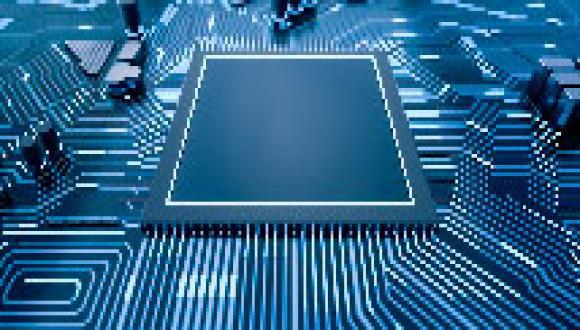LMI Student seminar
Itamar Cohen
The School of Physics and Astronomy (Ishay Pomerantz lab)
Tel-Aviv University
Yehuda Baum
Electrical engineering Department of Physical Electronics
(Jacob Scheuer lab) Tel-Aviv University

Laser Wakefield Acceleration from Nebular-Shaped Plasmas
Intense lasers made available for the first-time high-energy electron sources at university scale laboratories. For the past two decades, the community focused on optimizing the accelerated beam quality in terms of higher energy, sharper energy spectrum, and improved repeatability.
Early works observed ultra-collimated, multi-MeV beams of electrons, that were generated following multi-TW irradiation of thin solid foils pre-exploded by uncontrollable precursor light. In these experiments, the unprecedented conversion efficiency of laser light to electrons was hypothesized to relate to the nearly critical density of the plasma plume.
I will present a first controlled investigation of this method. In this experiment we pre-exploded thin foil targets with a controlled pre-pulse, nanoseconds prior to the interaction with the main beam. We tailored the pre-plasma plume profile by varying the pre-pulse energy, and the time delay between the pre- and main-pulses.
I will show preliminary results, along with an analytical model for the expansion of a sub-µm foil into a nebular-shaped plasma, and discuss insights of the underlaying dynamics gained from particle-in-cell simulations.
Holographic anti-counterfeiting tags: double layer of protection:
One of the most powerful authentication schemes is based on computer-generated holograms which are realized by metasurfaces. Such a scheme was recently demonstrated by our group. The concept of this authentication scheme was to use the coherent speckle pattern associated with the specific tag design as a fingerprint that uniquely identifies the tag.
I going to explain on holographic tags, and how we can use them to get protection in two ways, one way – how we can use the holograms with incoherent light (and how that is a Basic layer of protection), and how we use the speckles pattern to get a practice cannot be counterfeited advanced layer of protection.


